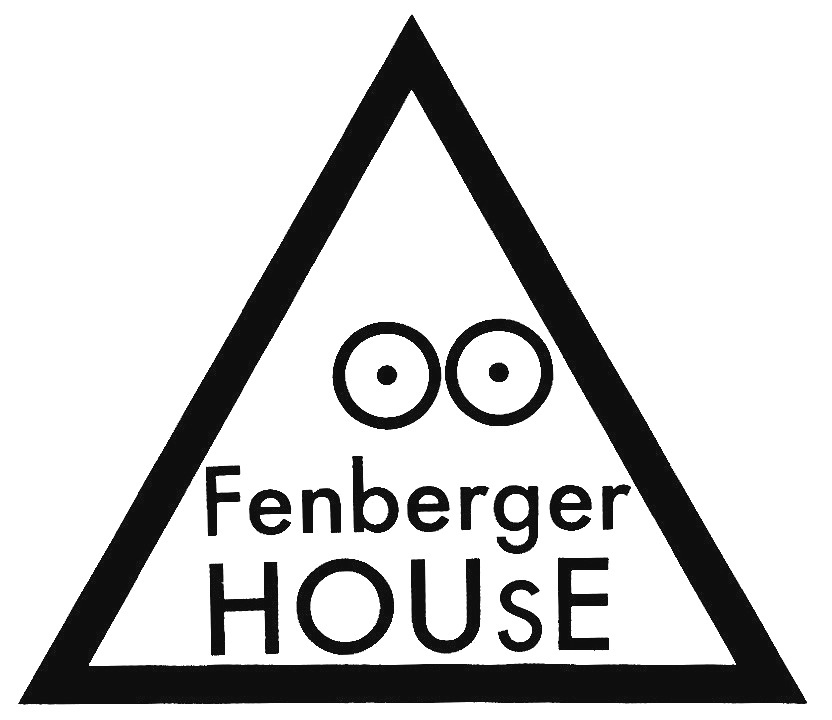シビック・リカバリー・センター望月は、ロジャー・マクドナルドと澤文也によるローカルなアートプロジェクトです。ここ数年、特にヨーロッパで実践されているソーシャル・プレスクライビング(社会処方箋)と呼ばれる、アートや音楽など非医療的な支援を処方することで健康の回復を試みる考え方を活動のベースとしています。立ち上げメンバーの二人はアートキュレーションの豊富な経験を持ち、医療人類学を修めた澤と、美術史を専門とするマクドナルドがそれぞれの切り口でアプローチします。二人とも医療の専門家ではなく、むしろ芸術が持つ好奇心やユーモアの視点を大切にしています。シビック・リカバリー・センター(市民回復センター)という言葉は、イギリスを代表する音楽プロデューサー、ブライアン・イーノが提唱した概念です。このセンターは佐久や望月地域を中心に、慌ただしい日常生活に静かな環境を提供し、社会処方箋による体験を通じて穏やかなこころの状態へと促すことが目的です。センターでの処方箋は、音楽鑑賞や美術作品鑑賞をはじめ、お茶会や地域にある自然エネルギースポットへの訪問などのメニューを予定しています。また、チベット医であり薬剤師である小川康さんの森のくすり塾やアナログのSNS拠点のようなYUSHI CAFE、有機農家の長谷川治療院農業部など、地域の専門家たちとも連携しています。
Civic Recovery Centre Mochizuki (CRCM) is an arts project initiated locally by Roger McDonald and Fumiya Sawa. It uses the ideas of ‘social prescription’ to offer experimental arts treatments as a way of recovering a sense of wellbeing and psychological health. Sawa has a background in medical anthropology as well as art curating, while McDonald comes from an art historical background. Neither is a medical professional, and we embark on this project with a sense of artistic exploration and humor. The term Civic Recovery Centre was proposed by the British musician and producer Brian Eno in the 1990s, as a space where music and visuals would be used to create a sense of calm and mental awareness. CRCM will create a series of temporary recovery spaces around the Mochizuki and Saku areas which lies at around an optimal 700m above sea level. Treatments will include deep music listening sessions, talks, attentional practices with art works, tea drinking and visits to spots of outstanding natural energy. Partnerships with other professionals living locally are also planned, such as Yasushi Ogawa a Tibetan medicine doctor and pharmacist living in Bessho Onsen, Yushi Cafe Mochizuki and Sumie Hasegawa an organic farmer living in Kasuga Mochizuki.
Roger mcdonald, left, fumiya sawa, right.
Civic recovery centre mochizuki first public discussion, december 2019, saku, nagano



